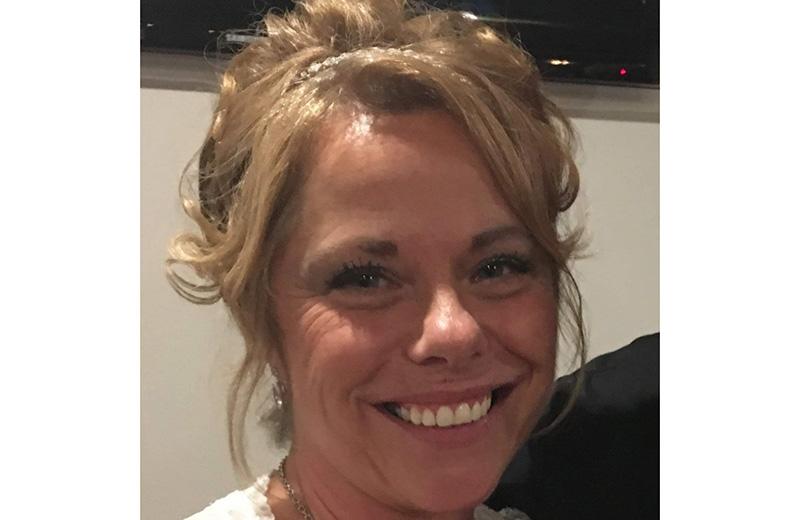Health Care Aides (HCAs) play a vital role in our health care system, overseeing the daily living of residents in acute, community, and long-term care settings.
It’s a job that requires flexibility, planning, problem solving, and good assessment skills. Everything they do is to support residents’ independence and dignity, as they help with activities such as bathing, eating, toileting, grooming, and supporting social connections.
“Health Care Aides are the heart of the care team; they are the eyes, ears, and hands that seek out the best for each resident’s care and well-being,” says Brenda Miller, Clinical Nurse Educator. “They know the residents so well that the slightest change is noticed immediately, and that vital information is shared with other members of the care team to ensure they are addressed.”
The HCA role is closely tied to the DementiAbility care approaches being used in health care facilities across Northern Health. HCAs work alongside recreation staff and other team members to ensure activities are personalized to each resident’s or patient’s abilities for those living with Dementia, and they participate on DementiAbility teams, making sure that the strategies are well implemented in facilities.
HCAs also ensure infection control practices, like hand hygiene, are followed, and oversee the safety of their residents getting in and around their environment.
Health Care Aides also play an important role in supporting residents who are at end of life, both in a long-term care home or their own home. HCAs provide compassionate personal care during these difficult times – care that is respectful of the person’s end-of-life wishes.
Sonja Shelby is an HCA at Gateway Lodge in Prince George and has been taking care of patients for the past 23 years.
“As a Health Care Aide, you have the opportunity to make a difference not only in a patient’s life, but for their families as well,” says Sonja. “It gives me purpose everyday to do a job I love.”














Comments